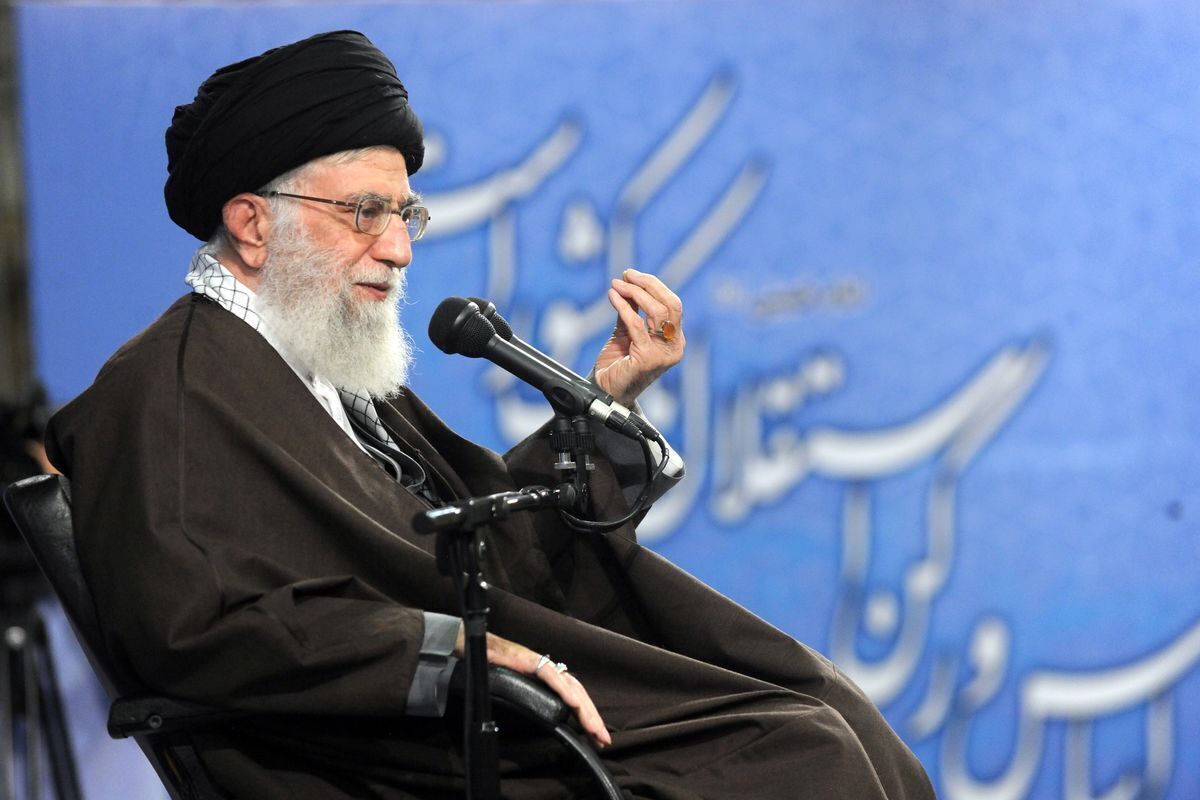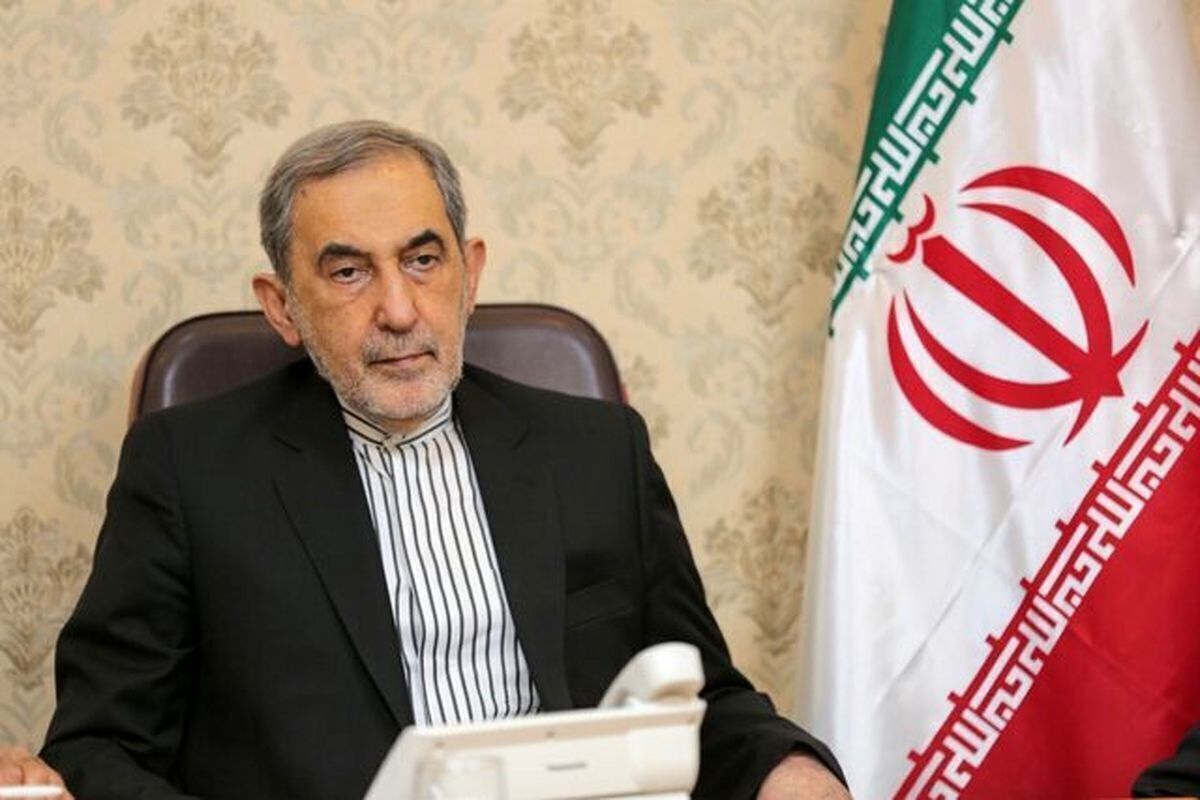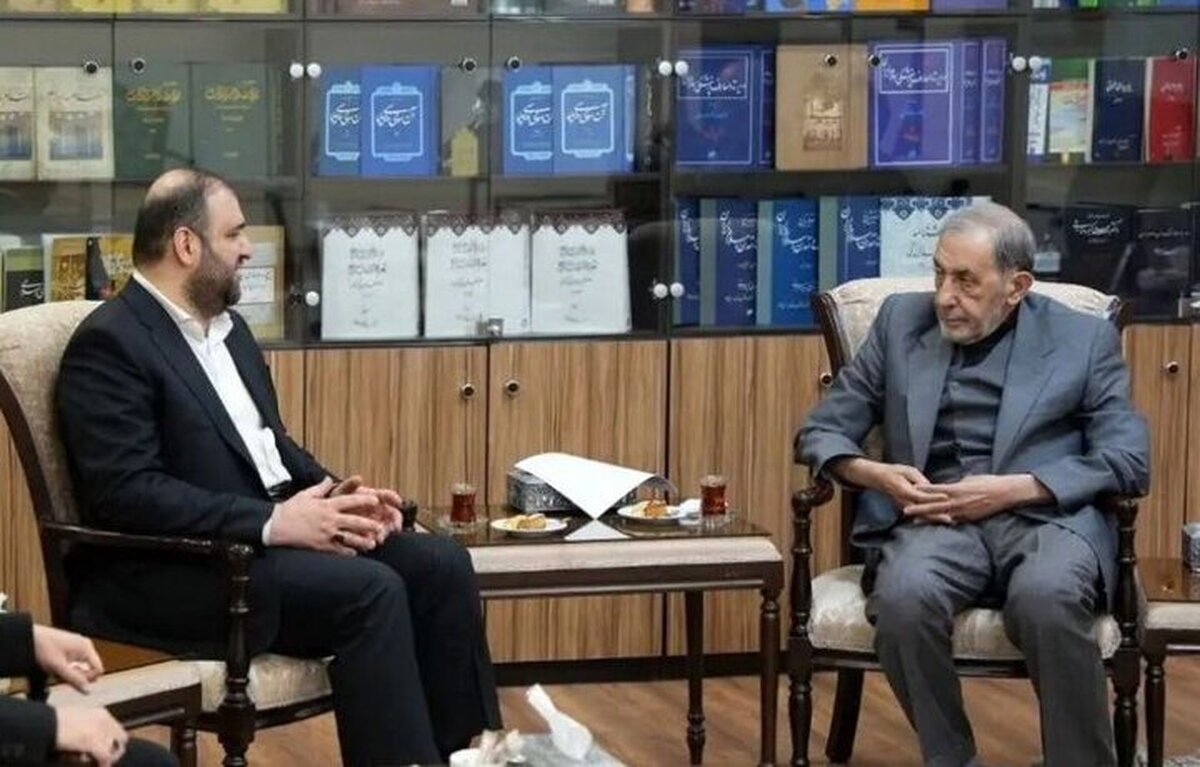
Iran will never tolerate Saudi warmongering: Leader’s adviser
EghtesadOnline: A senior Iranian official says the comments by “inexperienced” Saudi diplomats against the Islamic Republic show their ignorance about Iran and the region, stressing that Tehran will never tolerate Riyadh’s warmongering policies.
“The problem that Saudi Arabia has been grappling with over the recent years is the callowness and inexperience of the individuals who are serving in its foreign ministry. They sometimes make comments which indicate [their] lack of knowledge about Iran and the region,” Ali Akbar Velayati, a senior adviser to Leader of the Islamic Revolution Ayatollah Seyyed Ali Khamenei, told reporters on Tuesday.
According to PressTV, he added that Saudi diplomats are unable to maintain their own country’s security and cannot pose a threat to Iran.
Last month, Saudi Defense Minister Mohammed bin Salman said in vague remarks that Saudi Arabia would work to move “the battle” to Iran. Then, on June 6, Saudi Foreign Minister Adel al-Jubeir said Iran had to be “punished” for what he called “its interference in the region.”
Just hours later, early in the morning of June 7, twin terrorist attacks struck the Iranian capital Tehran. A total of 17 people were killed and more than 50 others were wounded in almost simultaneous assaults on Iran’s Parliament and the Mausoleum of the late Founder of the Islamic Republic Imam Khomeini.
The terrorist group of Daesh, which is closely associated with the extremist Wahhabi ideology preached by Saudi Arabia, claimed responsibility for both attacks.
Deputy Chief of Staff of Iran's Armed Forces Brigadier General Massoud Jazayeri said on Tuesday that the United States and Saudi Arabia are directing, guiding and supporting acts of terror by Daesh terrorist group.
He added that Daesh Takfiris conduct their terrorist moves against regional countries with the support of Riyadh and Washington.
His comments came after Iranian Foreign Minister Mohammad Javad Zarif said in Oslo that Iran has obtained intelligence showing that Saudi Arabia is “actively” propping up terrorist groups along Iranian eastern and western borders.
Velayati further said Saudis claim that a coalition has been formed among Muslim countries; however, only few minor states which are receiving financial aid from Riyadh responded positively to the invitation.
After that, a deep rift was created among these Arab countries which shows that the new Saudi rulers have no capacity to remain committed to their claim and maintain unity among the Arab nations, he added.
The senior adviser to the Leader pointed to the “unprecedented” diplomatic row between Saudi Arabia and some of its allies with Qatar and said it displays Riyadh’s diplomatic incompetence that it “cannot live in peace with its closest neighbors.”
Saudi Arabia, the United Arab Emirates (UAE), Bahrain, the Maldives, and Egypt recently broke off ties with Qatar. In their apparent bid to secure US support and that of Israel, the four countries cited Qatar's links with Hamas and accused it of supporting terrorism, an accusation that the Qatari government denies.
The regional countries also blocked their transit routes to Qatar and ordered most of Qatari nationals to leave. The measures have also made family visits difficult. Qatari airways has also been banned from using the airspace of the Saudi-led bloc of countries.




